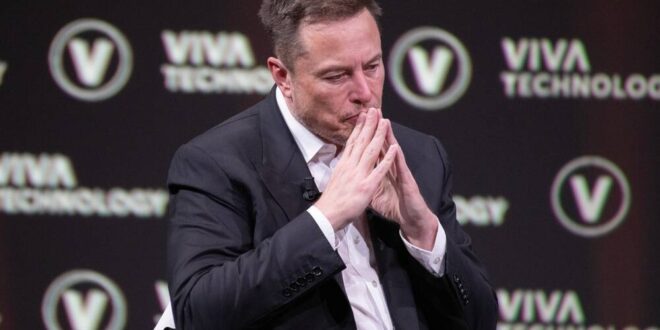US National Highway Traffic Safety Administration Launches Probe into Tesla’s Autonomous Software
The US National Highway Traffic Safety Administration (NHTSA) has launched a probe into Tesla’s software that allows cars to operate autonomously over short distances, after reports of the code crashing in a physical sense.
The software under investigation is called “Smart Summon” and “Actually Smart Summon,” and is accessed via the Tesla app. It can be used to instruct some of the automaker’s vehicles to drive themselves to the location of a driver’s choosing.
Multiple Incidents Reported Involving Tesla’s Smart Summon Software
Tesla’s promises may be hollow: Multiple reports claim the self-driving machines have hit with obstacles and other vehicles. Twelve of these apparent accidents were by Teslas using the original Smart Summon software, while four more incidents have since been alleged by customers using its successor Actually Smart Summon.
The NHTSA’s Office of Defects Investigation is looking into these incidents to determine the cause and potential risks associated with Tesla’s autonomous software.
Concerns Over Tesla’s Reporting of Accidents
“All four incidents involve the subject Tesla vehicles operating in Actually Smart Summon failing to detect posts or parked vehicles, resulting in a crash,” the NHTSA reported on Tuesday.
“ODI is aware of multiple crash allegations, involving both Smart Summon and Actually Smart Summon, where the user had too little reaction time to avoid a crash, either with the available line of sight or releasing the phone app button, which stops the vehicle’s movement,” the NHTSA added.
Notably, the agency said it had received no reports of these alleged incidents from Tesla, which is required to disclose any accident involving a car using self-driving software on a public road. The probe affects every Tesla Model S, 3, and X purchased since 2016, potentially covering 2,585,000 or so vehicles.
Criticism of Tesla’s Autonomous Software
Smart Summon was widely panned after its launch in 2019 as being buggy and prone to either not working at all or making cars bump into objects. Actually Smart Summon debuted in September 2024 and, while sentiment on Tesla forums suggests it is an improvement, issues remain.
“Actually Smart Summon and Full Self-Driving are defective engineering prototypes, and should not be allowed on the road,” said long-term Tesla critic Dan O’Down, the billionaire founder of the Dawn Project, in a statement.
Tesla’s handling of reporting accidents and the safety of its autonomous software have come under scrutiny, with concerns raised about the accuracy of data presented by the company.
Regulatory Challenges for Tesla
The NHTSA and Tesla regularly cross swords over the regulation of self-driving cars, and the automaker is subject to multiple investigations by the agency.
Tesla appears to be silent on the matter at the time of writing, and given how close its CEO Elon Musk is now to incoming US president Donald Trump, it may have to do simply nothing at all.
 Mind Uncharted Explore. Discover. Learn.
Mind Uncharted Explore. Discover. Learn.




